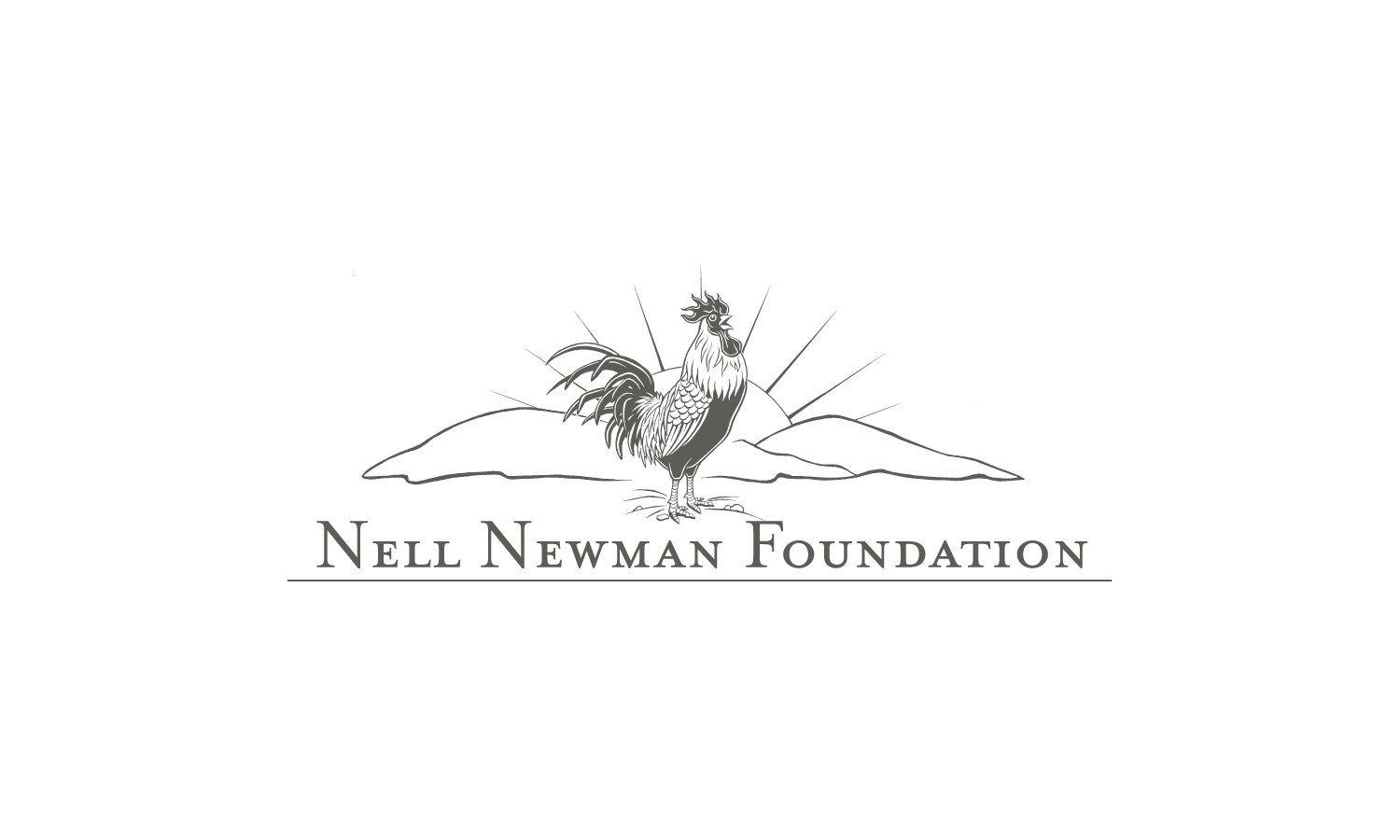Tribes on the Edge - The Long View: A Conversation with Céline Cousteau
Céline Cousteau, Beto Borges and Cheyenne Coxon, December 17, 2020 - Beto Borges, Director of Forest Trends’ Communities and Territorial Governance Initiative talks with Céline Cousteau, humanitarian, environmental activist, filmmaker, and founder of the Javari Project for a conversation on her work with indigenous communities in Brazil.
This conversation has been edited and condensed from its original version.
Beto Borges: Thank you for being here, Céline. You’ve recently created a film, Tribes on the Edge, about the struggles of indigenous peoples in the Javari Valley, Brazil, and you’ve founded the Javari Project, an impact campaign born of the film. I think both you and the Javari Project have
Céline Cousteau: The Javari territory in Brazil is the second largest in the country, about the size of Austria or Portugal. As far as I know, there are six contacted tribes. There are also the largest number of uncontacted peoples in the entire Amazon living in this region. Which makes them very vulnerable to outsiders. And this is a region that has been declared irreplaceable in terms of biodiversity by the IUCN.
I first went to the Javari in 2007. That’s when I met Beto Marubo of the Marubo people. He is the reason I created the film. In 2010, Beto [Marubo] wrote me an email asking me to tell their story, telling me they trusted me with it.
So I returned to the Javari in 2013 to begin filming. Tribes on the Edge has become much bigger than I ever thought it would. Back then, I imagined it would be an 8 to 10-minute film. It’s now a 78-minute film and we’ve done numerous grassroots screenings with a big focus on educational outreach. I really believe in order to do some good, I have to honor my promise to them to tell their story, and I’ve chosen to do more. Thus, the film has become a catalyst for the Javari Project.
Click here to read more on this interview.

